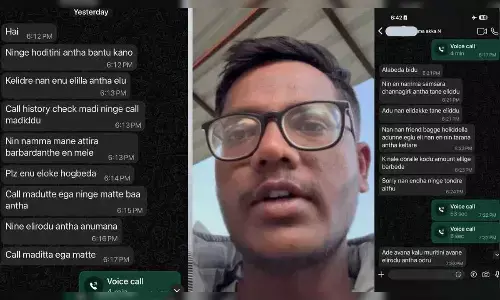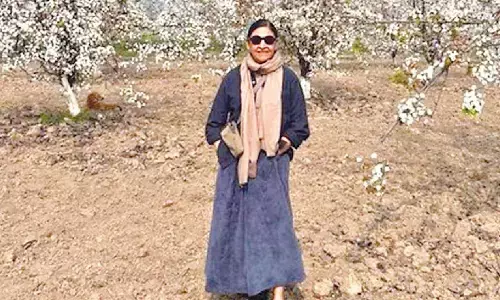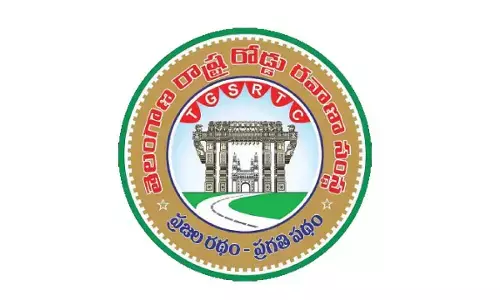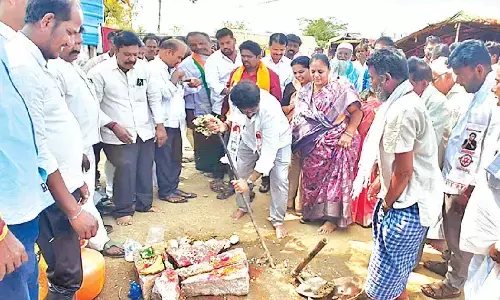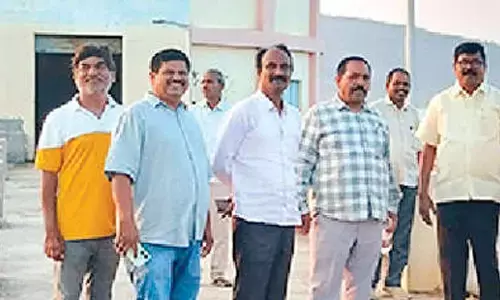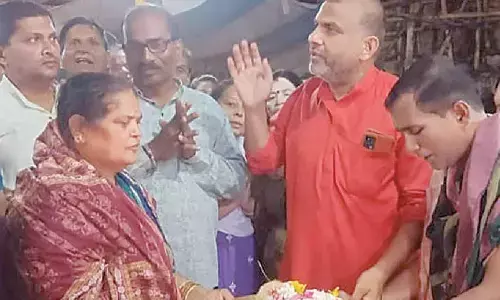'Dholak ke Geet' striking right notes in Hyderabad
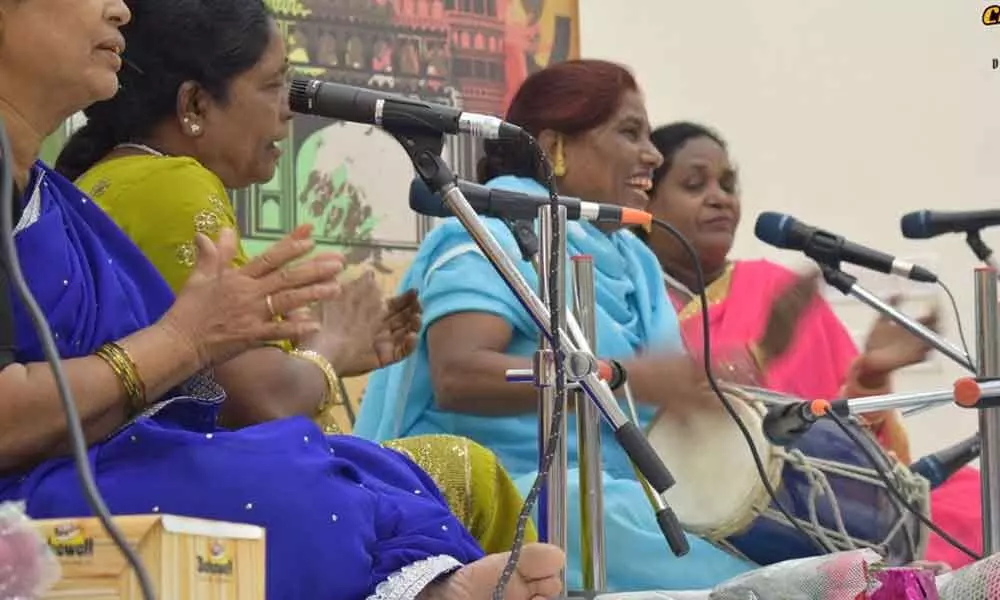
rich and rhythmic Deccani songs see resurgence at marriages & other functions
'Banne tere jebon ko heere lage,' 'Bhai humare hogaye bhabi ke dewaane,' 'Gore gore haathon me mehndi lagai', 'Mubarak ho', are some of the renowned folk songs that are sung traditionally by women in Deccani households during marriages.
Being preserved as 'Dholak ke Geet' by generations for several centuries, these traditional folk songs were earlier called as 'Chakki Naama' or 'Chakki ke Geet' (Chakki means mill and Geet means song) and the women used to sing these when they used to grind grains on the mills.
"During those days around 18th century, the sufi saints, who wanted the women to avoid gossip about anyone, founded a version as 'Chakki Naama.' Women used to emphasise through songs the Islamic teachings given by the Sufi saints while grinding in mills. Later, this gradually became traditional songs, using dholak (drum) and they developed it as 'Dholak ke Geet' in Deccani region where they sing during engagements and marriages ceremonies, childbirth, festivals or other celebrations," said Sameena Begum, a researcher on 'Dholak ke Geet'.
There are hundreds of songs such as 'Samdhan teri sheiki pe matthi padho,' 'Samdhan kho gayi maa,' 'Bolo khala mizaj kaisa hai,' 'Hari mirchi hai maa meri nanandh,' 'Kaddu Khan bhai ki shaadi' and many more which remain on tongues of women who take part in the ceremonies.
With the technological advancements and reach of social media, these gained prominence amongst the diaspora of the region who are now settled down in other countries. During 1980s, these were also aired through All India Radio and Dr Arjumand Nazeer, who was a doctor in Government Nizamia General Hospital in Charminar increased their popularity through her presentation.
Even though the newer generations stopped short of learning these folk songs, the researchers have once again found interest in the art. For the past 2-3 years, these are being revived. Now, these 'Dholak ke Geet' are sung by some groups of women in Hyderabad who have taken this up as a profession. "After my research in this genre, I made a compilation of some 160 'Dholak ke Geet' songs from the Deccani region. I formed two groups of women who are now singing these songs in celebrations," added Sameena.
Across the villages in the Deccani region, there are still women who sit in a group and sing during marriages and other ceremonies. "Earlier women used to sing songs without any particular occasion in their households, but now it has been restricted to only ceremonies," informs the author.
The women singing the songs are usually called as 'Mirasaniya' (traditional folk singers). Sameena recalls the first time when the Bollywood movie starring Naseeruddin Shah 'Bazaar' incorporated 'Dholak ke Geet' during 1980s. "On the contrary, slowly filmy numbers have replaced them during ceremonies. People want to hear filmy numbers. But the folk songs have their own taste and revolve around local practices, traditions and activities of daily life in the city," she explained.
'Dholak ke Geet' are the songs which mostly revolve around the daily life which are not written by any professional writers. "Like ghazals or a movie song, 'Dholak ke Geet' are not documented by writers.
The songs are all about womanly sayings, beliefs, emotions and feelings. There are thousands of such songs," said Hafeeza Begum who is famous as Hafez Aapa. The 61-year-old has turned Mirasan and has been singing at functions for the past 3 years.
'Dholak ke Geet' reflects the culture of Hyderabad. The essence of Hyderabadi weddings and tradition is dissolved in these songs," feels Hafeeza. "Sameena Begum has formed our group of four women. All are above 55 years and are now singing in marriages and other ceremonies in city and also for Radio Charminar.
For each booking, our group charges Rs 5,000 for each function, and our group is booked for at least 12 days in a month. After gaining popularity from Radio Charminar, our group has also travelled to Doha, Qatar for the cultural programme," said Hafeeza Aapa.



